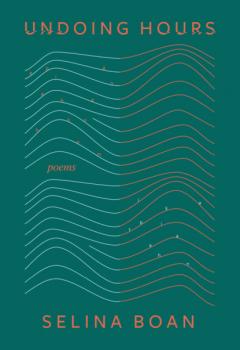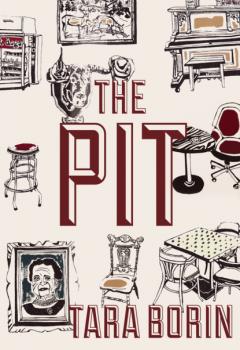ТОП просматриваемых книг сайта:
Зарубежные стихи
Различные книги в жанре Зарубежные стихи, доступные для чтения и скачиванияАннотация
From the introduction by Michael Hamburger: “Baudelaire's prose poems were written at long intervals during the last twelve or thirteen years of his life. The prose poem was a medium much suited to his habits and character. Being pre-eminently a moralist, he needed a medium that enabled him to illustrate a moral insight as briefly and vividly as possible. Being an artist and sensualist, he needed a medium that was epigrammatic or aphoristic, but allowed him scope for fantasy and for that element of suggestiveness which he considered essential to beauty. His thinking about society and politics, as about everything else, was experimental; like the thinking of most poets it drew on experience and imagination, rather than on facts and general arguments. That is another reason why the prose poem proved a medium so congenial to Baudelaire.” Charles Baudelaire (1821-1867) was a French poet, essayist, art critic and translator for Edgar Allan Poe. He is credited with coining the term «modernity» to describe the fleeting, ephemeral experience of life in an urban metropolis and the responsibility art has to capture that experience.
Аннотация
Selina Boan’s debut poetry collection, Undoing Hours , considers the various ways we undo, inherit, reclaim and (re)learn. Boan’s poems emphasize sound and breath. They tell stories of meeting family, of experiencing love and heartbreak, and of learning new ways to express and understand the world around her through nêhiyawêwin. As a settler and urban nehiyaw who grew up disconnected from her father’s family and community, Boan turns to language as one way to challenge the impact of assimilation policies and colonization on her own being and the landscapes she inhabits. Exploring the nexus of language and power, the effects of which are both far-reaching and deeply intimate, these poems consider the ways language impacts the way we view and construct the world around us. Boan also explores what it means to be a white settler–nehiyaw woman actively building community and working to ground herself through language and relationships. Boan writes from a place of linguistic tension, tenderness and care, creating space to ask questions and to imagine intimate decolonial futures.
Аннотация
Creeland is a poetry collection concerned with notions of home and the quotidian attachments we feel to those notions, even across great distances. Even in an area such as Treaty Eight (northern Alberta), a geography decimated by resource extraction and development, people are creating, living, laughing, surviving and flourishing—or at least attempting to. The poems in this collection are preoccupied with the role of Indigenous aesthetics in the creation and nurturing of complex Indigenous lifeworlds. They aim to honour the encounters that everyday Cree economies enable, and the words that try—and ultimately fail—to articulate them. Hunt gestures to the movements, speech acts and relations that exceed available vocabularies, that may be housed within words like joy , but which the words themselves cannot fully convey. This debut collection is vital in the context of a colonial aesthetic designed to perpetually foreclose on Indigenous futures and erase Indigenous existence. the Cree word for constellation is a saskatoon berry bush in summertime the translation for policeman in Cree is mîci nisôkan, kohkôs the translation for genius in Cree is my kôhkom muttering in her sleep the Cree word for poetry is your four-year-old niece’s cracked lips spilling out broken syllables of nêhiyawêwin in between the gaps in her teeth
Аннотация
Set in a small-town, sub-Arctic dive bar, this debut poetry collection explores the complexities of addiction and the person beneath, and the possibility of finding home and community in unexpected places. Among Borin’s poems are portraits of the bar’s regular customers and employees—recurring characters, like those who might appear in a dark and unconventional sitcom. The religious night janitor catalogues the day’s sins; the retired barmaid gussies up at the mirror; the regular customers and their regular habits are described to a new employee: “R has a two-drink limit. A likes a coaster. Remember, / Mrs. O takes a chilled pilsner glass / with her bottle of Blue.” In the melancholy atmosphere of the bar and the rooms upstairs, the speakers of Borin’s poems find unexpected solace and belonging. The habits, the routine, the regulars, the predictability of it all brings some kind of chaotic order to chaotic life: We drink without even having to think about it, because it feels good to lose control, feels like regaining it.










